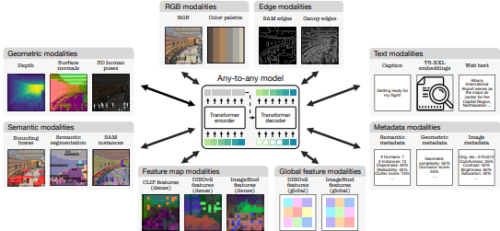2025-01-07 ドイツ・サステナビリティ研究所
<関連情報>
- https://www.rifs-potsdam.de/en/news/how-can-societies-share-responsibility-more-sustainable-lifestyles
- https://publications.rifs-potsdam.de/rest/items/item_6003786_2/component/file_6003787/content
責任ピンポンから責任共有へ1.5°ライフスタイルの責任共有へ?検証欧州の利害関係者の視点 From responsibility ping-pong to shared responsibility for 1.5° lifestyles? Examining European stakeholder perspectives
Pia Mamut, Doris Fuchs, Lea Becker, Karlis Laksevics, Halliki Kreinin, and Janis Brizga
Consumption and Society Published:25 November 2024
DOI:10.1332/27528499Y2024D000000039

Abstract
We are currently witnessing a paradox in climate governance (CG): despite growing awareness of the socio-biophysical impacts of current lifestyles, there remains a persistent commitment to high-consumption habits with large carbon footprints. Around this paradox, a debate on responsibility for change has developed. Which actor can and should do what to solve the problem? Simultaneously, however, scholars depict trends towards ‘organised irresponsibility’ (Beck, 1988) and individual responsibilisation bound to be ineffective in the context of existing structural challenges. The most likely result of such dynamics is a responsibility ping-pong with actors assigning responsibility to each other, which, in turn, invites the question of how it might be overcome. What other forms of talking about and organising responsibility might exist that could provide an actual basis for transformation change? Disentangling discourses around responsibility in CG, thus, is crucial for enabling a shift in consumption patterns and lifestyles that are compatible with the 1.5° Paris climate target. The present article pursues this objective. Building on a multi-method research approach, including stakeholder laboratories, expert interviews,and Delphi workshops across several European countries, it explores to whom and how European stakeholders in CG, specifically governments, businesses and citizens, assign responsibility, what risks and opportunities are involved, and what indications of a potential for game change exist. The findings uncover a complex web of pre-empted responsibility, which frequently leads to pessimism or ineffective strategies. However, the research also identifies some opportunities for organising a shared, justice-oriented and comprehensive notion of responsibility (Young, 2006).



